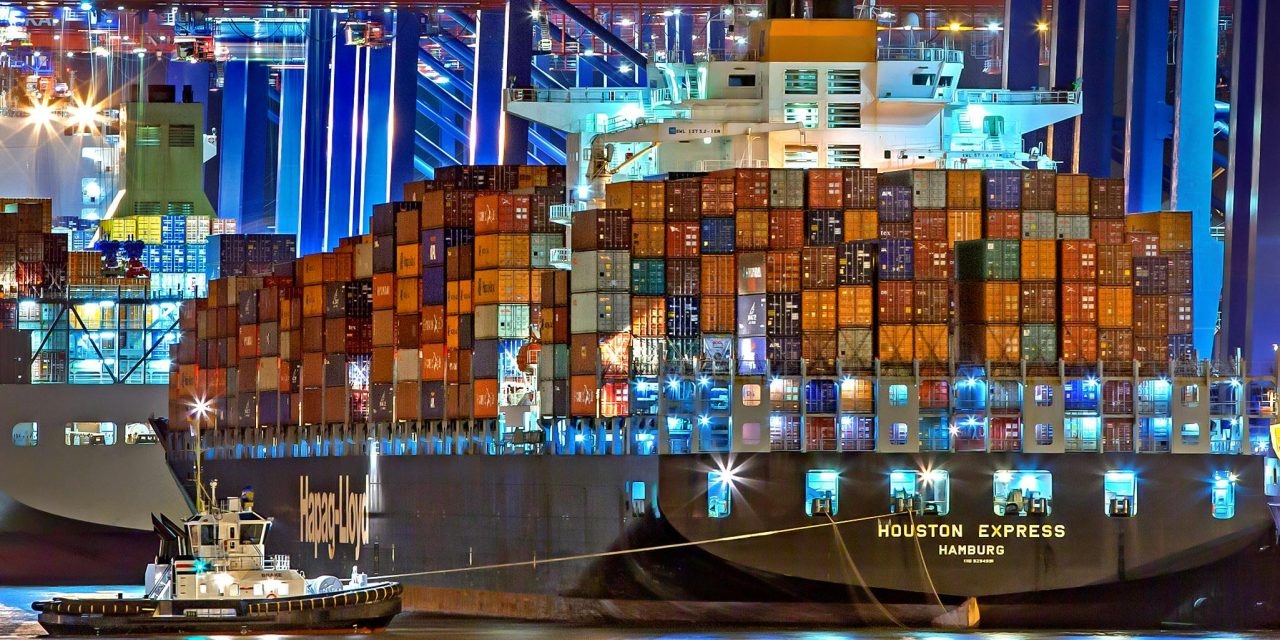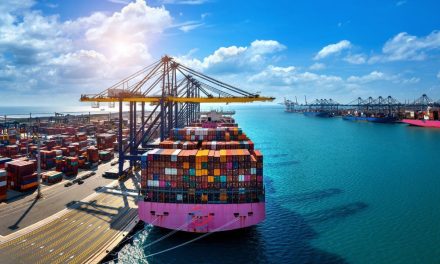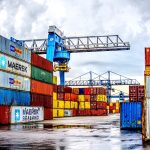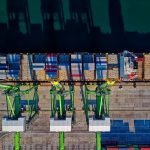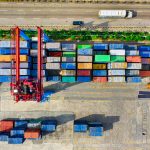Customs brokerage is a critical component of international trade, ensuring that goods comply with regulations and clear customs smoothly. However, navigating the complex landscape of customs regulations can be challenging, and even minor errors can lead to significant delays and costs. Understanding common customs brokerage mistakes and learning how to avoid them can help streamline your import and export processes. Here’s a comprehensive guide to avoiding these pitfalls and ensuring efficient customs operations.
1. Incorrect Classification of Goods
One of the most frequent mistakes in customs brokerage is the incorrect classification of goods. The Harmonized System (HS) Code is used to classify products for tariff purposes, but errors in classification can result in incorrect duties and potential penalties.
How to Avoid It:
- Research Thoroughly: Use official resources to determine the correct HS Code for your products. Consult with customs authorities or a professional customs broker if needed.
- Regular Updates: Ensure that your classification is up-to-date with any changes in regulations or tariff schedules.
2. Incomplete or Incorrect Documentation
Proper documentation is essential for customs clearance. Incomplete or incorrect documentation can lead to delays, fines, or even confiscation of goods. Common documents include commercial invoices, packing lists, and certificates of origin.
How to Avoid It:
- Check Requirements: Familiarize yourself with the documentation requirements for both your home country and the destination country.
- Double-Check: Review all documents carefully for accuracy before submission. Implement a checklist to ensure that all necessary documents are included.
3. Failure to Comply with Regulations
Customs regulations can be complex and vary from country to country. Failure to comply with specific regulations can result in fines, delays, or legal issues. Regulations may include import restrictions, labeling requirements, or safety standards.
How to Avoid It:
- Stay Informed: Regularly review and stay updated on the latest customs regulations and compliance requirements for your shipments.
- Seek Expertise: Consult with customs experts or brokers who are knowledgeable about the regulations relevant to your products and markets.
4. Underestimating Duties and Taxes
Accurately estimating duties and taxes is crucial for cost management. Underestimating these costs can lead to unexpected expenses and financial strain.
How to Avoid It:
- Calculate Accurately: Use up-to-date tariff schedules and duty calculators to estimate costs accurately.
- Include Contingencies: Factor in additional costs for unforeseen circumstances or changes in regulations.
5. Ignoring Trade Agreements
Trade agreements between countries can affect import duties and regulations. Ignoring these agreements can result in missed opportunities for reduced tariffs or other benefits.
How to Avoid It:
- Research Agreements: Understand the trade agreements between your country and the destination country.
- Leverage Benefits: Apply for any applicable benefits or exemptions that may be available under these agreements.
6. Neglecting to Monitor Shipment Status
Failing to monitor the status of your shipments can lead to missed deadlines, unexpected delays, or disruptions in your supply chain.
How to Avoid It:
- Track Shipments: Use real-time tracking systems to monitor the status of your shipments.
- Stay Proactive: Address any issues or delays promptly by communicating with your customs broker or shipping provider.
7. Inadequate Risk Management
Customs brokerage involves various risks, including regulatory changes, shipment delays, and documentation errors. Inadequate risk management can lead to costly problems.
How to Avoid It:
- Develop a Plan: Implement a risk management strategy that includes identifying potential risks and developing contingency plans.
- Review Regularly: Regularly review and update your risk management practices to address emerging challenges.
8. Poor Communication with Customs Authorities
Effective communication with customs authorities is essential for resolving issues and ensuring smooth clearance. Poor communication can lead to misunderstandings and delays.
How to Avoid It:
- Establish Clear Channels: Maintain open lines of communication with customs officials and provide all necessary information promptly.
- Be Transparent: Provide accurate and complete information to avoid misunderstandings and facilitate quicker resolutions.
9. Lack of Training for Staff
Customs brokerage involves specialized knowledge, and a lack of training for staff can result in errors and inefficiencies.
How to Avoid It:
- Provide Training: Invest in regular training and development for your staff to ensure they are knowledgeable about customs regulations and procedures.
- Update Skills: Ensure that your team stays current with changes in regulations and industry best practices.
10. Failing to Utilize Technology
Technology can significantly enhance the efficiency of customs brokerage processes. Failing to leverage available technological tools can result in inefficiencies and errors.
How to Avoid It:
- Adopt Technology: Utilize customs management software, tracking systems, and automated tools to streamline processes and improve accuracy.
- Stay Updated: Regularly review and update your technology solutions to take advantage of the latest advancements.
Conclusion
Avoiding common customs brokerage mistakes is essential for ensuring smooth and efficient international trade operations. By accurately classifying goods, preparing complete documentation, complying with regulations, and leveraging technology, you can minimize errors and delays in your customs processes. Implementing best practices and seeking expert advice will help you navigate the complexities of customs brokerage and achieve success in your import and export activities.
For expert assistance with customs brokerage and to avoid common pitfalls, contact Omega Shipping Agency at info@omegashippingagency.com or call us at +92-42-35772072-73, +92-321-4477442. Our team is here to support your customs needs and ensure your international trade operations run smoothly.

